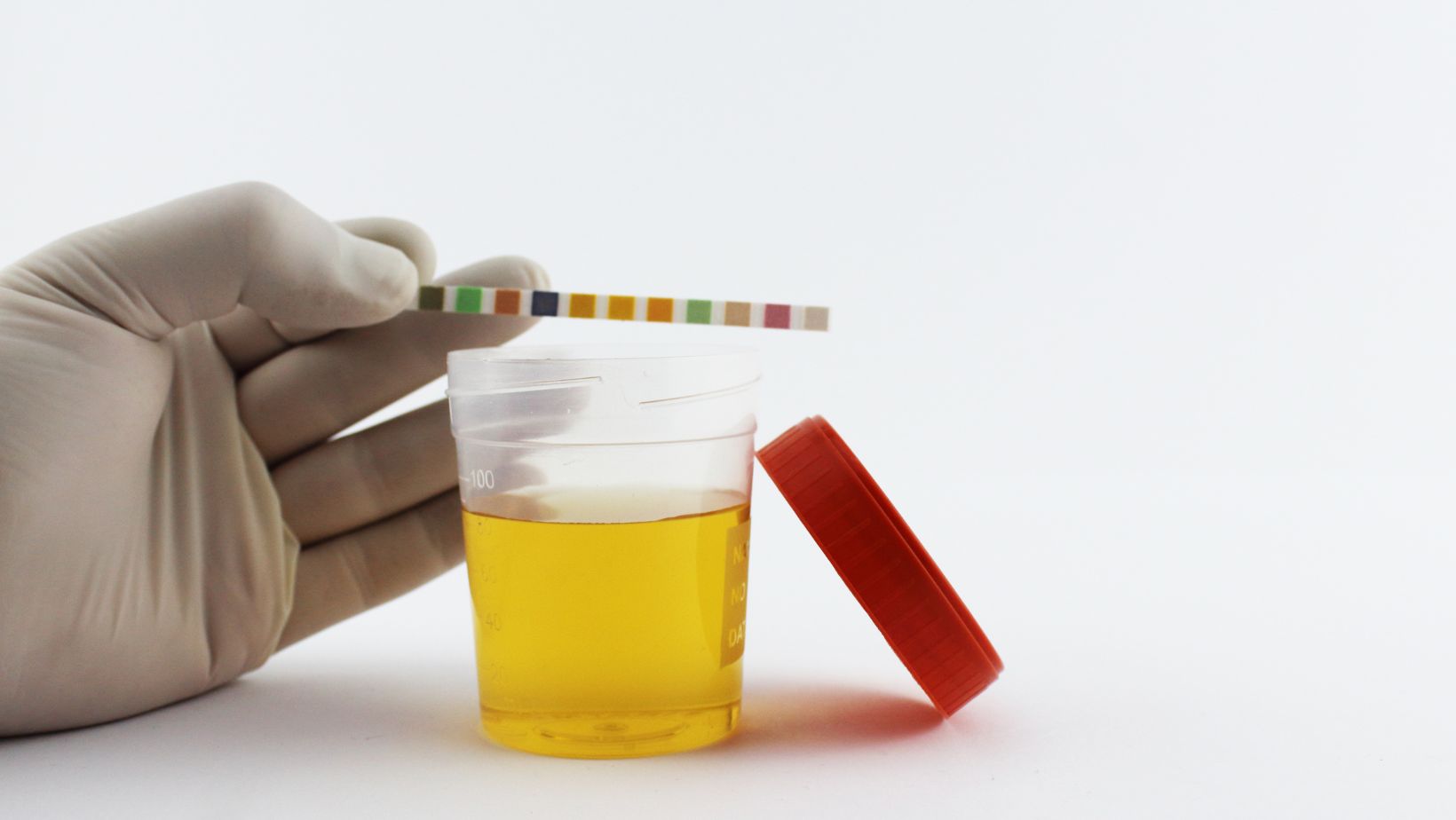Scanty Urination
Are you finding yourself making more trips to the bathroom than usual, only to be disappointed by the meager amount of urine you produce? If so, you may be experiencing a condition known as scanty urination. As someone who has dealt with this issue firsthand, I understand the frustration and concern it can cause. In this article, I’ll delve into the possible causes of scanty urination, as well as some potential remedies to help alleviate this bothersome symptom. So, if you’re ready to learn more about what could be affecting your urinary output, keep reading!
Possible Causes of Scanty Urination
When it comes to understanding the causes of scanty urination, it’s important to note that there can be several factors at play. In my experience and through my research, I have discovered a few common culprits that can contribute to this condition. Here are some possible causes of scanty urination:
- Dehydration: One of the most common causes of scanty urination is dehydration. When your body doesn’t have enough fluids, it tries to conserve water by producing less urine. This can happen if you’re not drinking enough water or if you’re losing fluids through excessive sweating, vomiting, or diarrhea.
- Urinary Tract Infection (UTI): UTIs can also lead to scanty urination. When bacteria enter the urinary tract, they can cause inflammation and infection, leading to decreased urine output. Other symptoms of UTIs may include a burning sensation during urination, frequent urination, and cloudy or foul-smelling urine.
- Obstruction: Another possible cause of scanty urination is an obstruction in the urinary tract. This can be due to conditions such as kidney stones, tumors, or an enlarged prostate. When there is a blockage, it can disrupt the normal flow of urine and result in decreased urine output.
Understanding the possible causes of scanty urination is an important step in finding relief. If you’re experiencing this condition, it’s crucial to consult with a healthcare professional to determine the underlying cause and develop an appropriate treatment plan.
Dehydration and Scanty Urination
When it comes to understanding the causes of scanty urination, dehydration is one of the most common culprits. Dehydration occurs when the body lacks proper fluid balance, leading to a decrease in urine output. In an effort to conserve water, the body produces less urine.
So, how does dehydration occur in the first place? There are several factors that can contribute to dehydration, such as excessive sweating, not drinking enough fluids, vomiting, diarrhea, or certain medical conditions. If we don’t replenish the body with enough fluids, it can disrupt the normal urine production process.
When your body is dehydrated, the urine becomes more concentrated. This means that the urine contains a higher concentration of waste and toxins, and the body tries to conserve water by reducing the amount of urine produced. This can result in infrequent, small volumes of urine.
It’s important to note that dehydration can occur in anyone, regardless of age or health status. However, certain groups of people are at a higher risk, including athletes, those living in hot climates, elderly individuals, and people with certain medical conditions like diabetes or kidney disease.
If you suspect that dehydration may be the cause of your scanty urination, it’s crucial to address it promptly. Rehydration is the key to restoring proper fluid balance. Increase your fluid intake by drinking water or other hydrating beverages. In severe cases of dehydration, medical intervention may be necessary, such as intravenous fluids to replenish the body’s water and electrolyte levels.

Medications That Can Cause Scanty Urination
Certain medications can contribute to a decrease in urine output, leading to scanty urination. It’s important to be aware of these medications and their potential side effects. Here are some common medications that can cause scanty urination:
- Diuretics: Diuretics, also known as water pills, are commonly prescribed to treat conditions like high blood pressure and edema. These medications work by increasing urine production and promoting fluid elimination from the body. While diuretics are effective for managing certain conditions, they can also lead to decreased urine output if not monitored closely.
- Anticholinergics: Anticholinergics are medications that are used to treat various conditions, including overactive bladder and gastrointestinal disorders. These medications work by blocking the action of acetylcholine, a neurotransmitter that plays a role in bladder contraction. However, anticholinergics can also affect the muscles involved in urine production, leading to decreased urine output.
- Certain pain medications: Some pain medications, such as opioids, can have a side effect of decreased urine output. Opioids are commonly prescribed for managing moderate to severe pain, but they can also affect the urinary system. It’s important to use pain medications as prescribed and communicate any changes in urine output to your healthcare provider.
However, it’s crucial to remember that if there are persistent changes in urinary output or any concerns, it’s always best to consult with a healthcare professional for evaluation and guidance. They can provide personalized advice and ensure that any underlying conditions are properly addressed. Taking proactive steps towards maintaining a healthy urinary system can contribute to our overall well-being and quality of life. So let’s prioritize our urinary health and take the necessary steps to keep our bodies functioning optimally.
